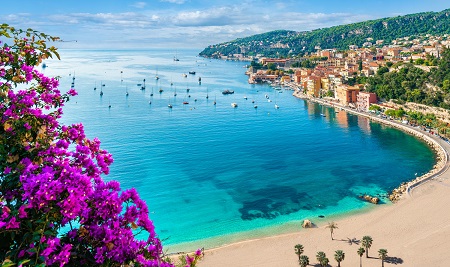As in most EU countries, France's economic growth also fell sharply in late 2023/early 2024. Although it is striking that France, as an economic power, is doing better than the traditionally strong Germany. There is no recession in France. The French government has indicated that the predicted growth of +1.4% in 2024 will not be achieved. Because government tax revenues are lower than expected, France must make additional €10 billion in cuts to meet budget targets. This is at the expense of support programmes for businesses.
The French economy has its own characteristics. What is striking is that in addition to the business community, the government also plays an important role. Government involvement is high in sectors such as healthcare, transport and energy. The French government is a much greater participant in the economy than in the Netherlands, Belgium or Germany.
The French government is trying to steer the economy with support programmes. Partly because of this, France is an attractive location for tech companies. The French government invests heavily in the development of the technology sector. This also applies to sustainability. France offers additional opportunities for entrepreneurs who offer innovative solutions in the field of sustainability.
There are also bottlenecks that are typically French. For example, it can be complicated for foreign entrepreneurs to deal with the French bureaucracy. Another stumbling block may be the French language.














